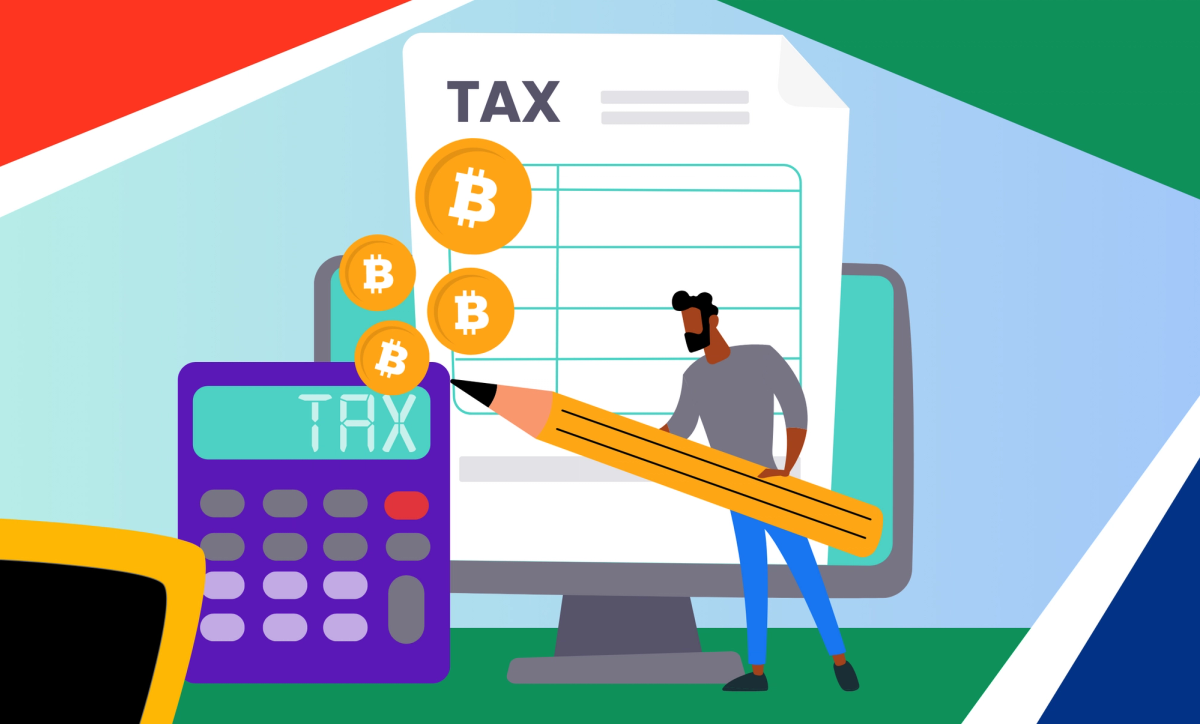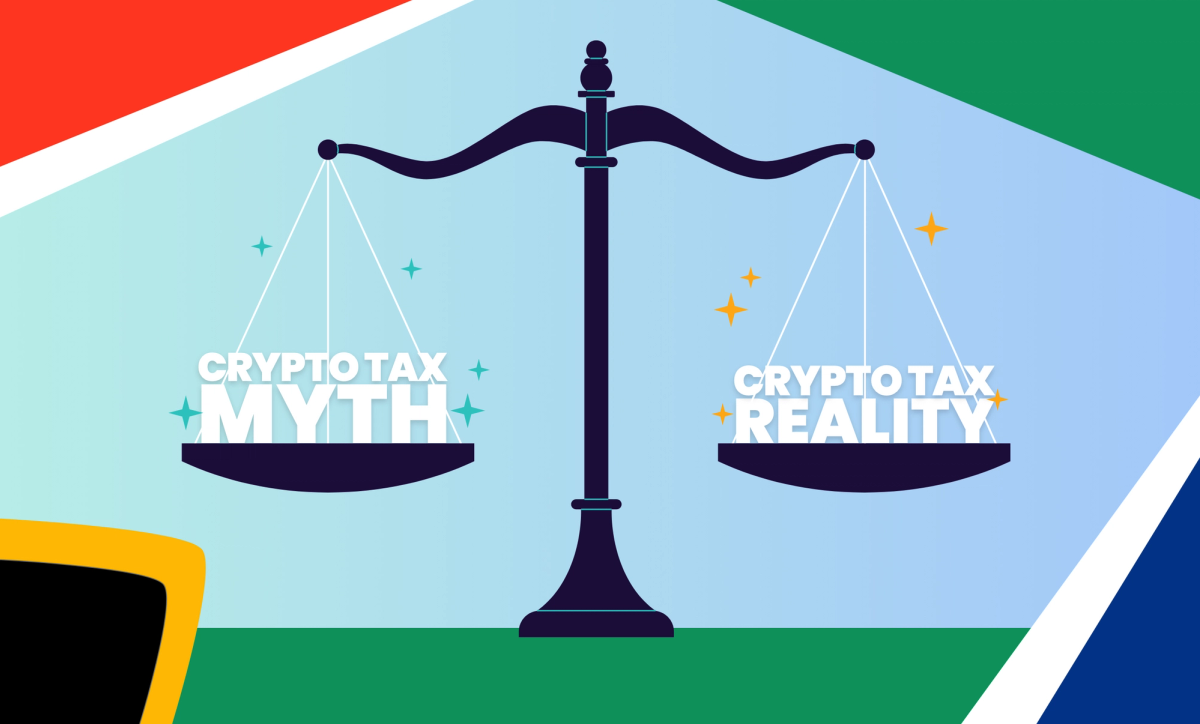
Cryptocurrency investments have become increasingly popular in South Africa, but with this growing popularity comes the need for clarity when it comes to tax obligations. Here we share five essential considerations to keep in mind as you prepare to file your crypto taxes:
1. Understand whether your activity is capital or revenue in nature
The first step in managing your crypto tax is to determine whether you are classified as an investor or a trader. this can significantly impact your tax liability in South Africa.
- Investors: Typically, investors are individuals who hold cryptocurrencies with a long-term perspective, expecting them to appreciate over time. For South African tax purposes, they are subject to capital gains tax. Investors receive an annual exclusion of R40,000, and any gains beyond that are taxed at their marginal income tax rate.
- Traders: On the other hand, traders are more actively involved in the crypto market, seeking short-term profits through frequent trading. They are considered to be engaged in revenue income activities, and their entire trading profits are subject to taxation at their marginal income tax rate.
If you're uncertain about whether you fall into the investor or trader category, you can refer to our comprehensive South African Crypto Tax Guide for further clarification.
2. Compile all historical crypto activity when calculating your taxes
Accuracy is paramount when calculating your crypto asset taxes. To ensure precise tax calculations, it's crucial to reconcile all your historical activity across all of your wallets and exchanges. Make sure nothing is missing so you can file an accurate tax return without under or overpaying.
How might you over pay on crypto tax? When historical transactions are missing the cost basis can not be identified. As a result a lower acquisition cost can be assigned to your asset, inflating the gain on the disposal and increasing your tax bill. In Recap, missing acquisitions default to R0 cost so you end up with the worst case tax scenario but they are flagged so you can fill in missing information.
3. Prepare a detailed report of your transactions
Creating a detailed transaction report that summarises all your crypto-related activities is another key step in the crypto tax filing process. If you find this task daunting, in our app you can automatically generate a comprehensive report for the accounts you connect and data you upload.
4. Stay informed about South African tax filing deadlines
Staying informed about tax filing deadlines in South Africa is crucial as failing to meet these deadlines can result in penalties and unnecessary stress. It's advisable to submit your tax data early and respond promptly to any documentation or information requests from SARS. If you find the tax filing process overwhelming or complex, seeking advice from a qualified tax professional is a wise decision.
5. Archive Crypto Data for 5 Years
South African tax law requires you to keep a record of your crypto data for a minimum of five years. Get in to the habit of downloading your documents from exchanges and wallets in case these records are required in the future.
By following these five essential tips, you can effectively manage your crypto tax obligations in South Africa. We're here to provide you with valuable assistance throughout the process, helping you navigate the intricate world of crypto taxation with confidence. To start calculating your tax position for free head to recap.io.



